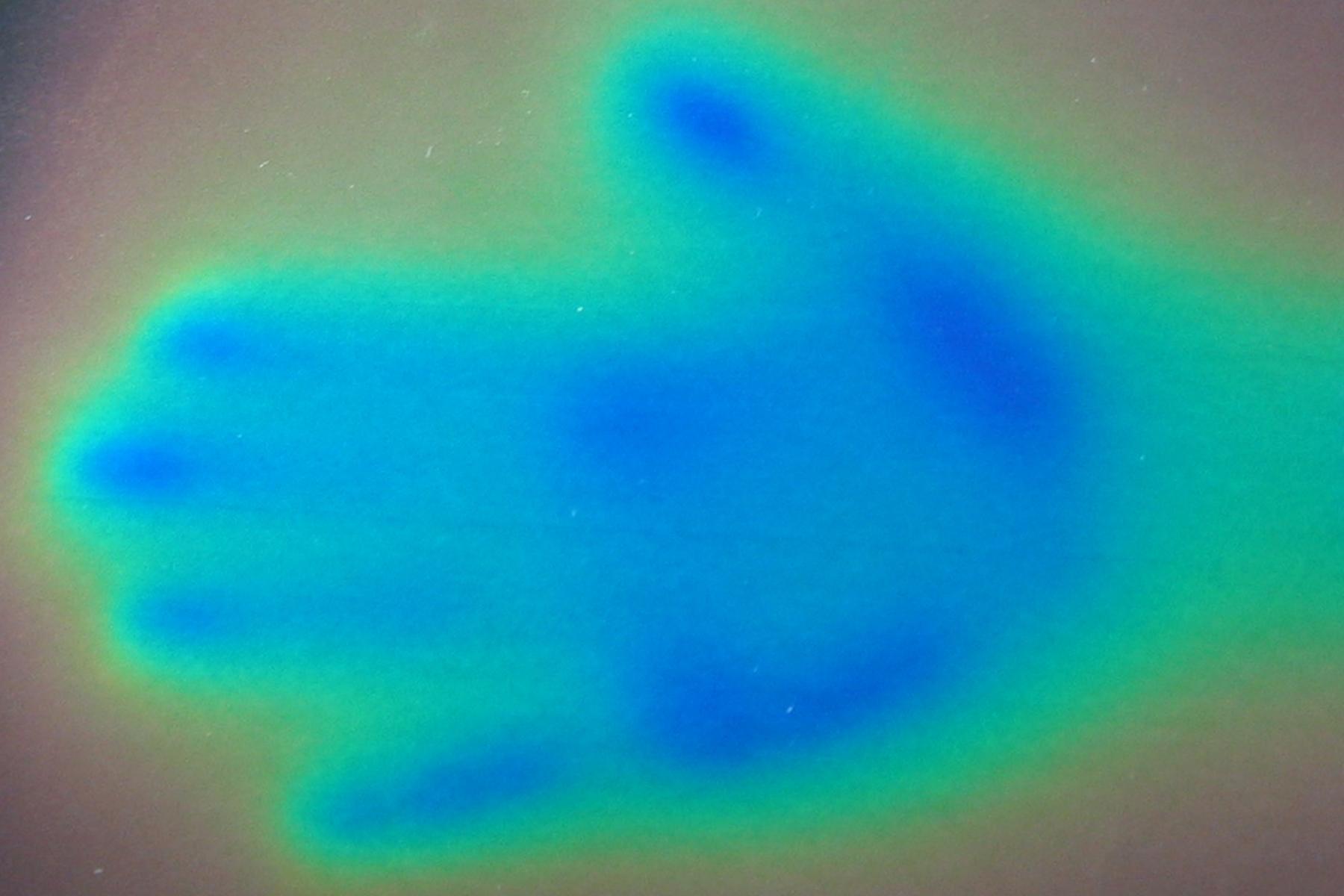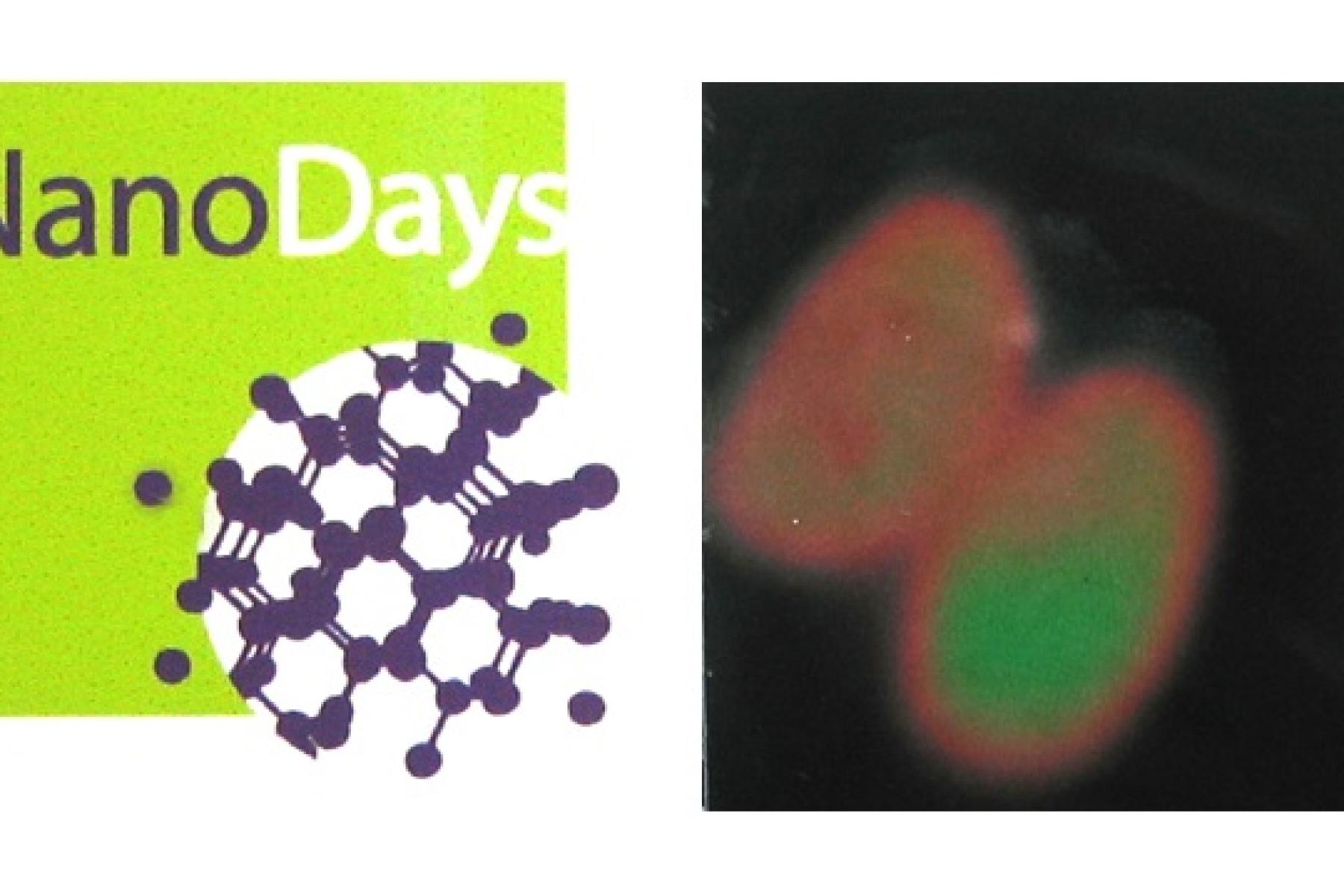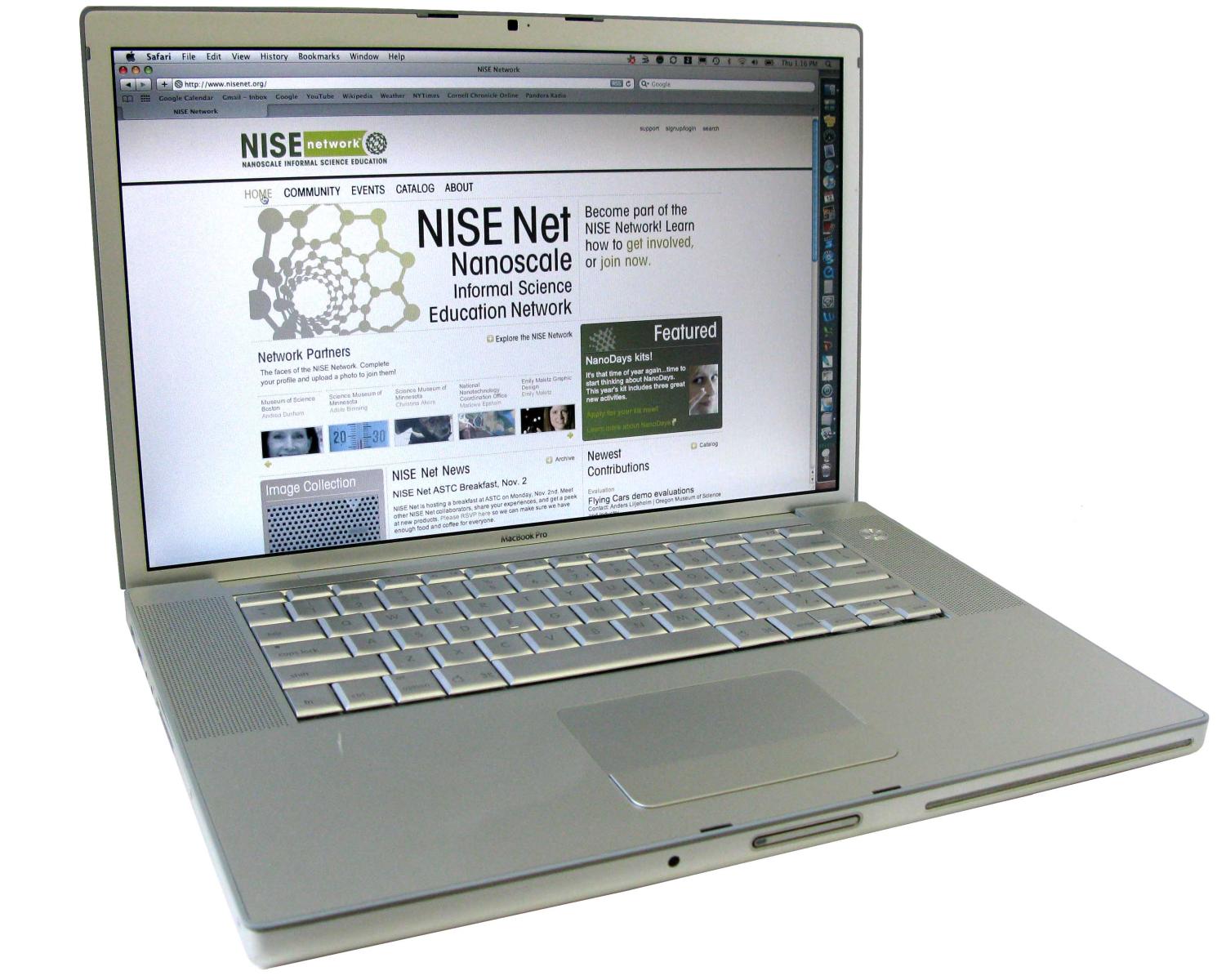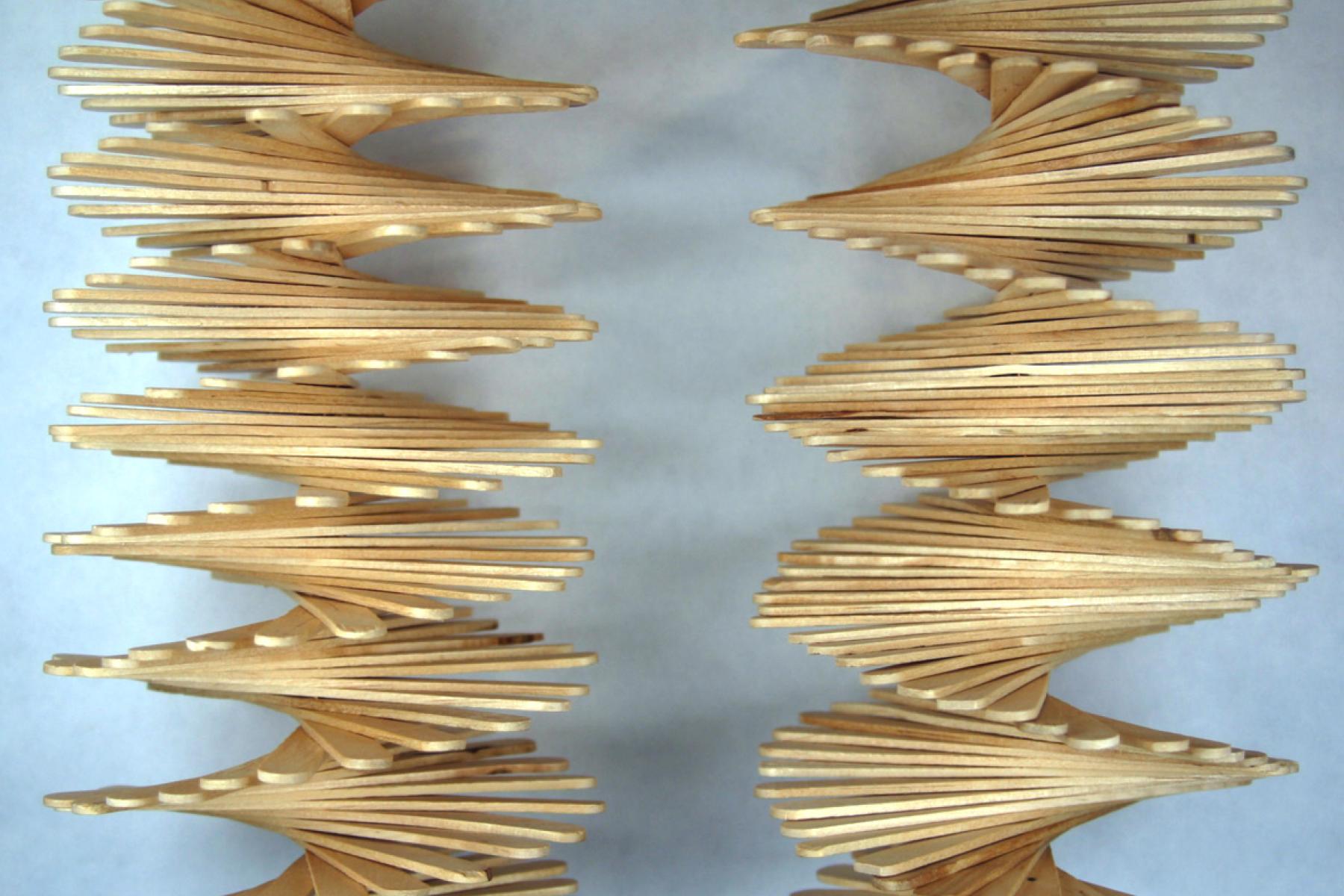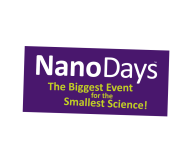DESCRIPTION
"Exploring Materials - Liquid Crystals" is a hands on activity demonstrating that the way a material behaves on the macroscale is affected by its structure on the nanoscale. Visitors investigate the properties of a heat sensitive liquid crystal and make their own liquid crystal sensor to take home.
DESCRIPTION
"Exploring Materials - Liquid Crystals" is a hands on activity demonstrating that the way a material behaves on the macroscale is affected by its structure on the nanoscale. Visitors investigate the properties of a heat sensitive liquid crystal and make their own liquid crystal sensor to take home.
TRAINING VIDEOS
OBJECTIVES
BIG IDEA
The way a material behaves on the macroscale is affected by its structure on the nanoscale.
NANO CONTENT MAP
Nanometer-sized things are very small, and often behave differently than larger things do.
Nanoscience, nanotechnology, and nanoengineering lead to new knowledge and innovations that weren't possible before.
DOWNLOAD FILES
- Exploring Materials Liquid Crystals - Guide (DOC)
- Exploring Materials Liquid Crystals - Guide (PDF)
- Exploring Materials Liquid Crystals - Sign (PDF)
- Exploring Materials Liquid Crystals - Sources (DOC)
- Exploring Materials Liquid Crystals - Material Safety Data Sheets (PDF)
- Exploring Materials Liquid Crystals - Activity Cards (PDF)
- Exploring Materials Liquid Crystals - Bottle Label (DOC)
- Exploring Materials Liquid Crystals - Sign & Guide (Spanish) (PDF)
- Exploring Materials Liquid Crystals - Guide (Spanish) (DOC)
- Exploring Materials Liquid Crystals - Activity Cards (Spanish) (PDF)
Credits
Sciencenter
Developed for the NISE Network with funding from the National Science Foundation under Award Numbers 0532536 and 0940143. Any opinions, findings, and conclusions or recommendations expressed in this product are those of the authors and do not necessarily reflect the views of the Foundation.
Creative Commons Attribution Non-Commercial Share Alike 3.0 United States (CC BY-NC-SA 3.0 US).
View more details

NISE Network products are developed through an iterative collaborative process that includes scientific review, peer review, and visitor evaluation in accordance with an inclusive audiences approach. Products are designed to be easily edited and adapted for different audiences under a Creative Commons Attribution Non-Commercial Share Alike license. To learn more, visit our Development Process page.

